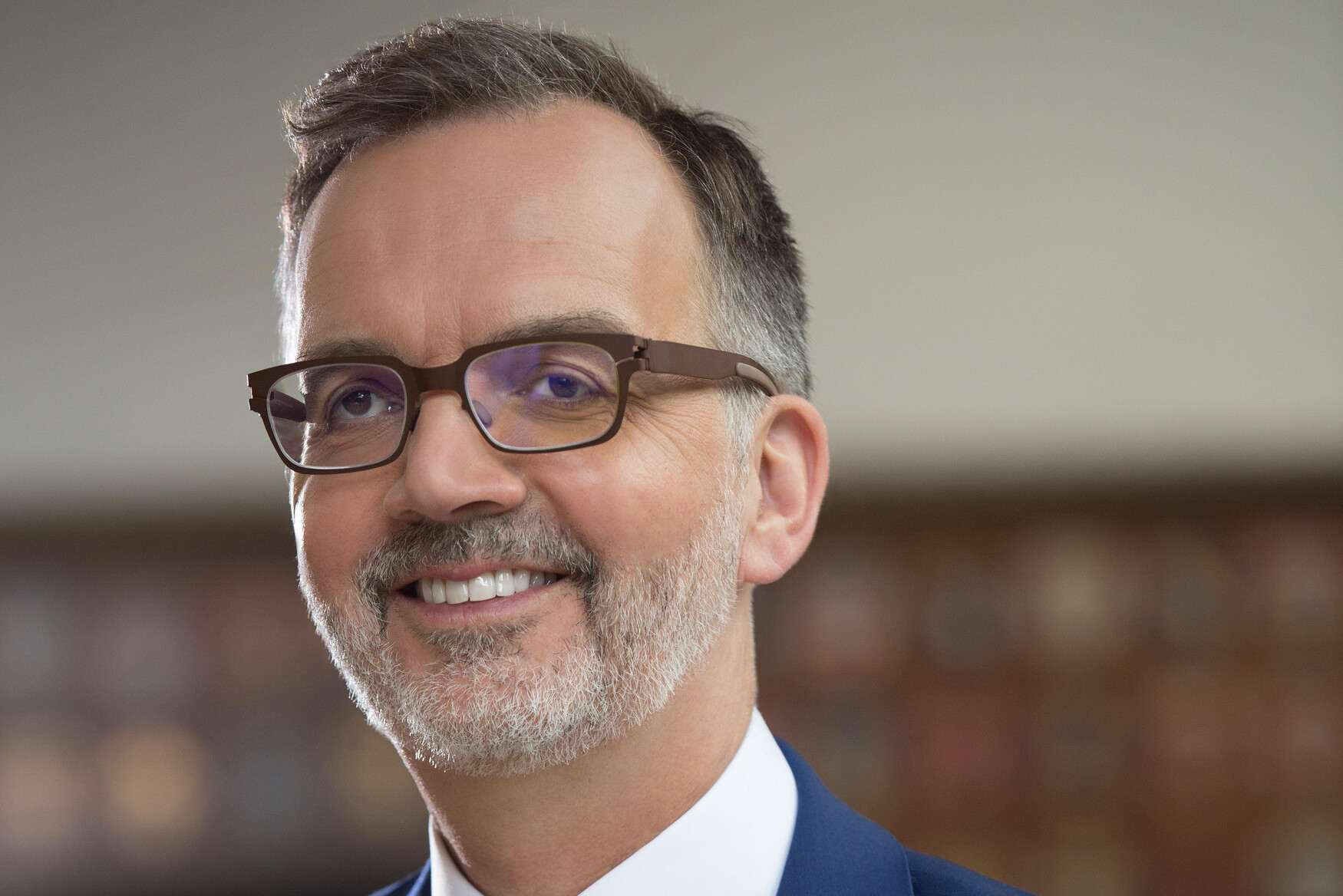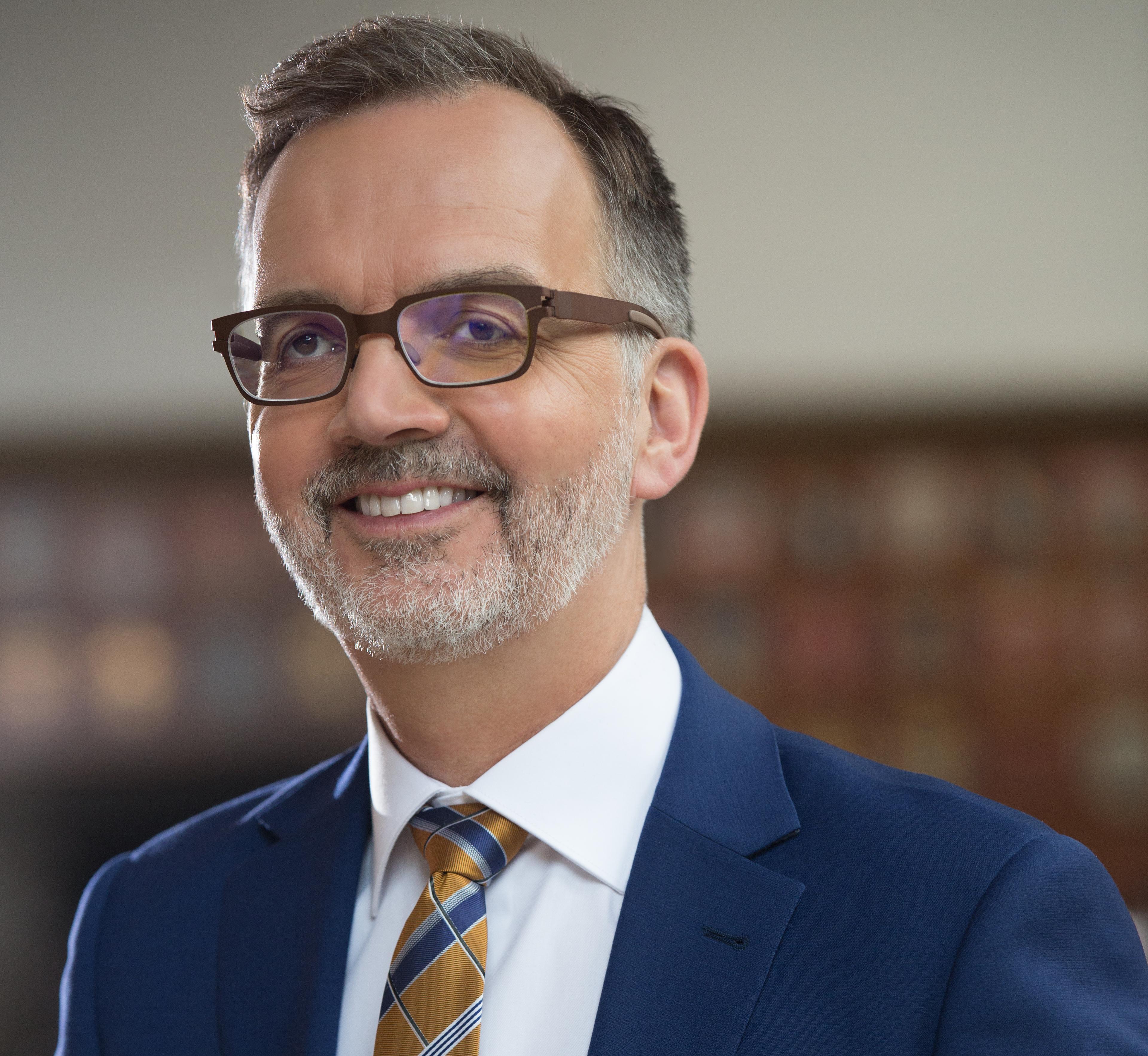Mobile Menu
- About Us
- Partnerships
- Events
- News
- Research
- Education
- Infrastructure
- Community

 Growing up, I enjoyed watching movies and TV shows that depicted a future where technology could detect specific diseases and even treat patients. It never discouraged me from pursuing a career in medicine, because I knew that humans would always need to be at the helm of healthcare delivery. But, it did make me marvel at the possible tools that would be at my disposal. What seemed like a distant dream then is quickly becoming our reality now. Understanding how best to use these tools is essential for today’s medical practitioners and researchers, as well as tomorrow’s leaders.
Growing up, I enjoyed watching movies and TV shows that depicted a future where technology could detect specific diseases and even treat patients. It never discouraged me from pursuing a career in medicine, because I knew that humans would always need to be at the helm of healthcare delivery. But, it did make me marvel at the possible tools that would be at my disposal. What seemed like a distant dream then is quickly becoming our reality now. Understanding how best to use these tools is essential for today’s medical practitioners and researchers, as well as tomorrow’s leaders.
In the Faculty of Medicine’s Academic Strategic Plan, we identified artificial intelligence (AI) as one of our key goals; specifically, a desire to “build capacity to reflect the emerging role of artificial intelligence in health professions.” As we have dived deeper into this topic, we see the promise and perils of utilizing AI in medicine.
We recognize the tremendous advantage we have in Toronto. We have quickly emerged as a global hub for AI. Thanks to the early leadership of the Department of Computer Science and the Edward S. Rogers Sr. Department of Electrical and Computer Engineering, we have the deep and broad technical expertise needed to fuel our efforts. This is furthered by the establishment of the Vector Institute, which is supercharging our efforts in this field. We also have the potential to create an unprecedented population health data set. With our coordinated health system and diverse population, Toronto could be a centre for population studies that will be the envy of the world.
At the same time, there are challenges in this proposition. First, we need to bridge the divide between those who have the expertise in technology with those who have the clinical and medical research skills that can help formulate the questions to answer. Second, we need to recognize that there are also many ethical and moral implications of using AI that will be critical to the practice of medicine. I’m particularly glad to see the Joint Centre for Bioethics develop new training modules on the ethics of AI in healthcare and take a deep dive into this area.
The current tools may be flawed, but the potential is enormous. So, how do we move forward? Through leadership! And, the Faculty of Medicine is well positioned to deliver it.
Emerging from our strategic plan, I formed a working group co-chaired by Professor Rita Kandel, Chair of the Department of Laboratory Medicine and Pathobiology, and Professor Kaveh Shojania, Vice Chair of Quality Improvement in the Department of Medicine. Together, we have identified a few approaches that will help move us forward.
First, we will host a half-day symposium on Machine Learning in Medicine on November 21. It will feature a keynote address by Professor Isaac Kohane, Chair of the Department of Biomedical Informatics, Harvard Medical School. Professor Kohane is one of the world’s deep thinkers on the applications of AI in medicine and I’m sure he will inspire us all. Many local experts will join Prof. Kohane at the event to share their insights. This will be the first of many offerings that will advance learning and understanding about issues related to AI in medicine.
Second, we intend to establish a collaborative research centre that can advance our research and educational agenda. Our proposed Centre for Machine Learning in Medicine will establish a gateway for collaboration and a node by which we can engage other groups working in this field, including units in the Faculty of Applied Science and Engineering, the Department of Computer Science, the Joint Centre for Bioethics and the Vector Institute.
In this, as in all things, the key to our collective success is collaboration. I am grateful for the engagement of many colleagues, from many disciplines, for informing and shaping our thinking on this subject. Together, we will harness AI’s potential in meaningful and responsible ways.
Trevor Young
Dean, Faculty of Medicine
Vice Provost, Relations with Health Care Institutions
